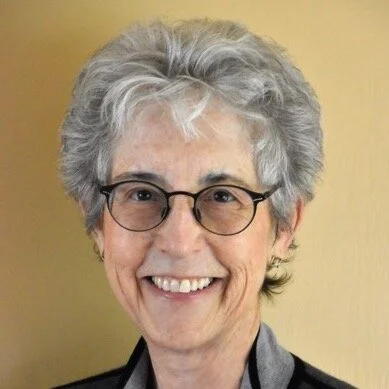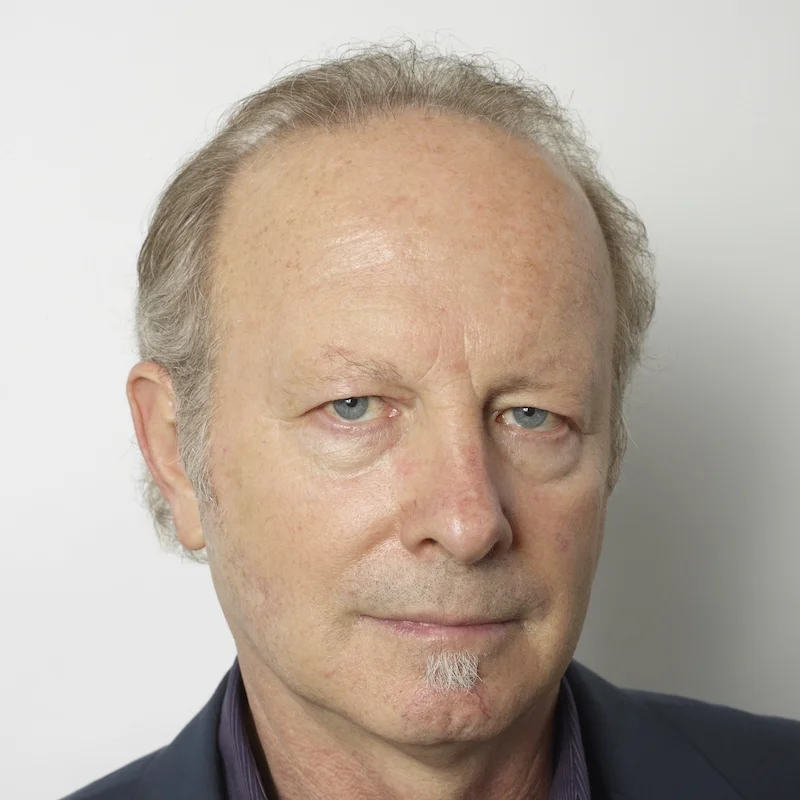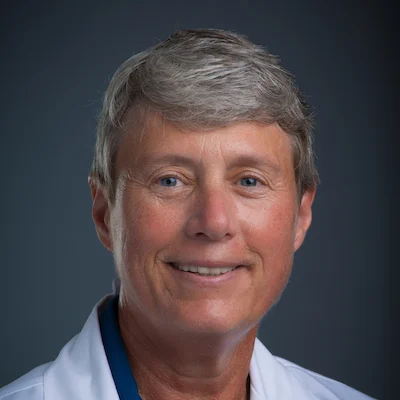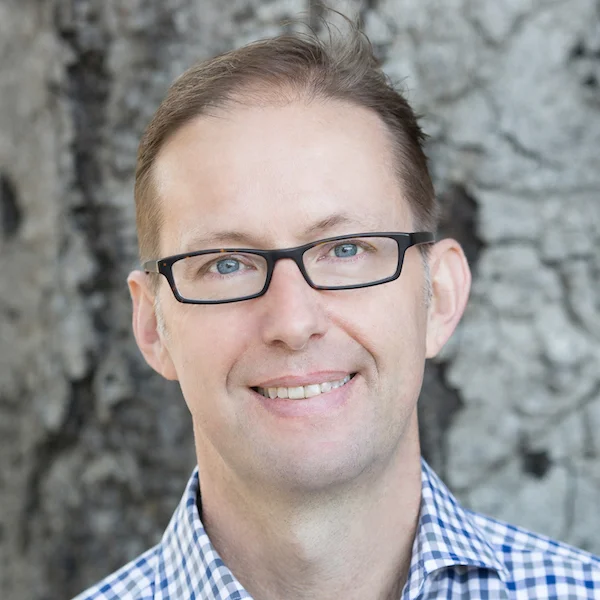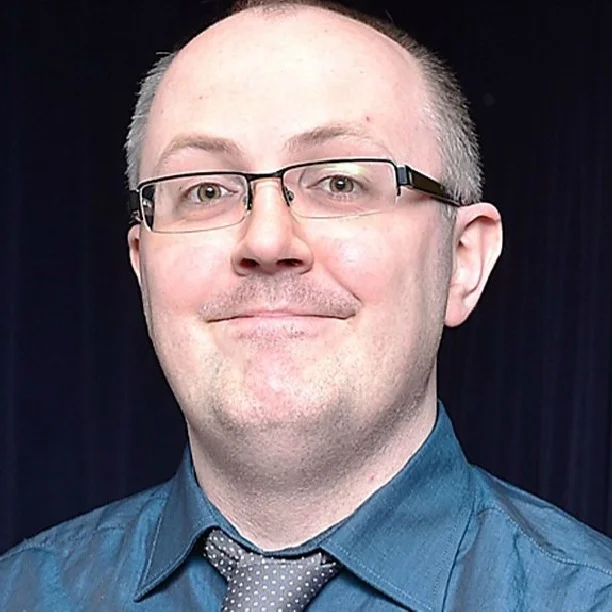"What is Health?" with Peter Sterling (BS 178)
/Brain Science 178 features Peter Sterling, author of What Is Health?: Allostasis and the Evolution of Human Design. We explore the importance of the brain’s ability to predict the body’s needs (allostasis) and its role in human health and disease.
Read More

